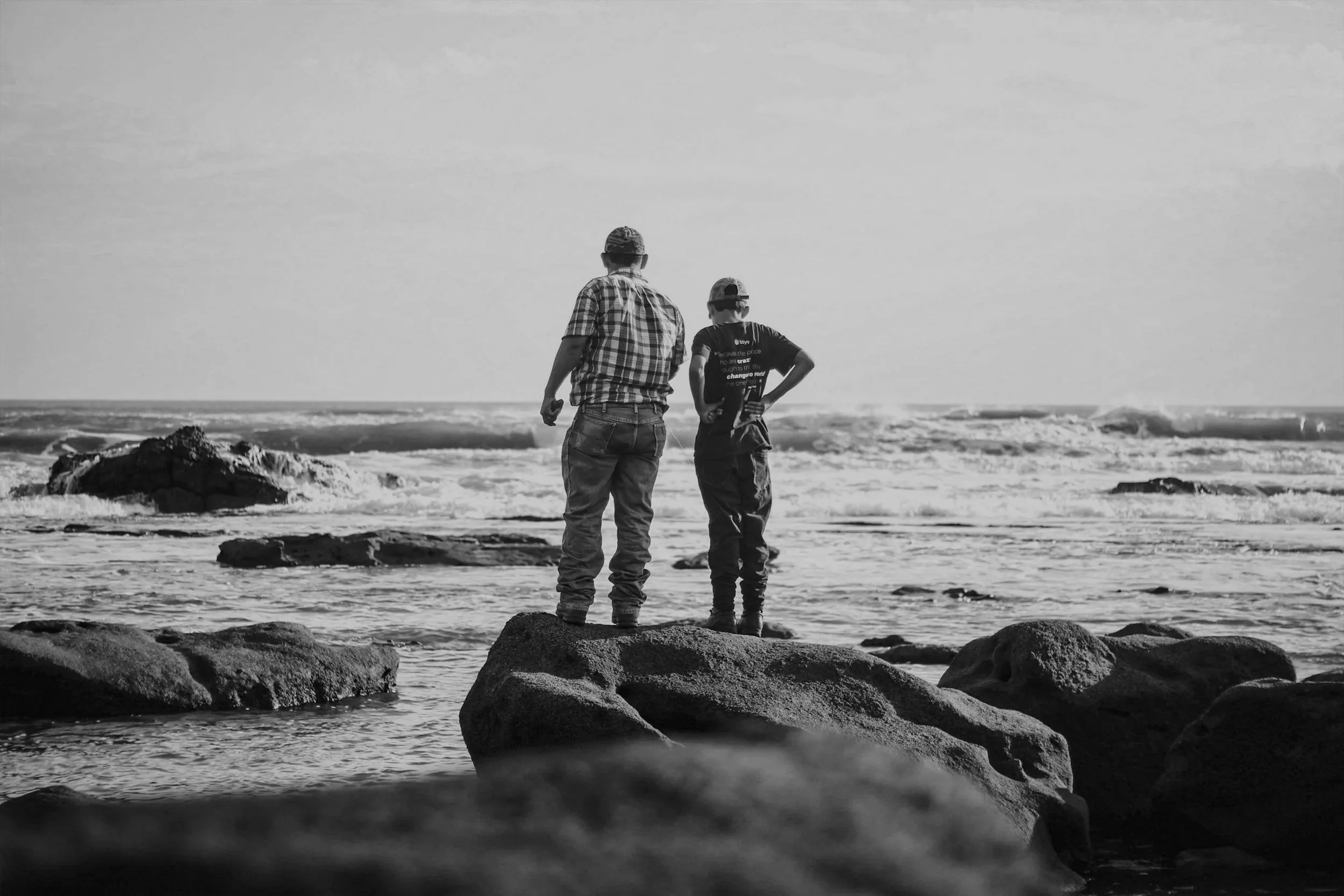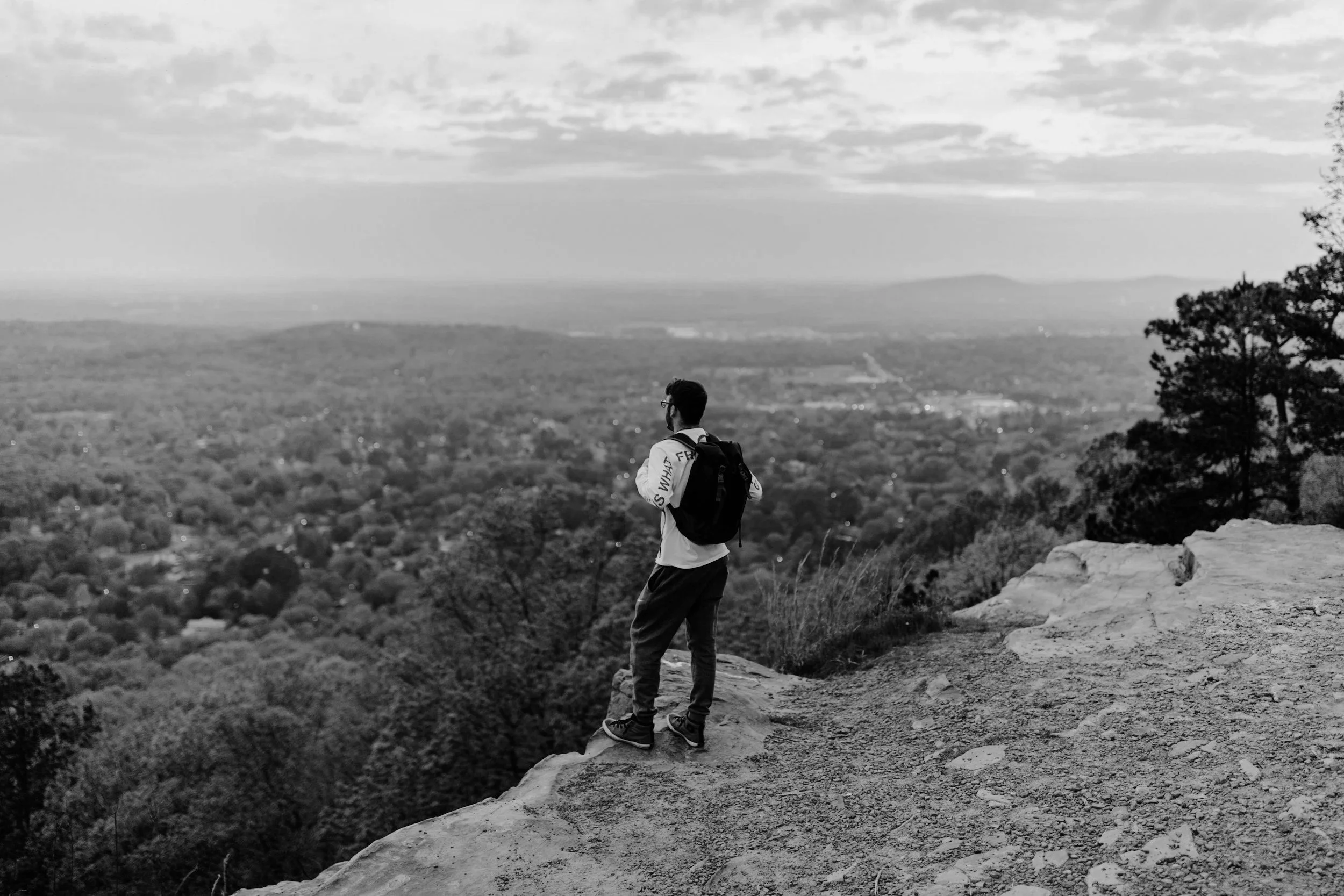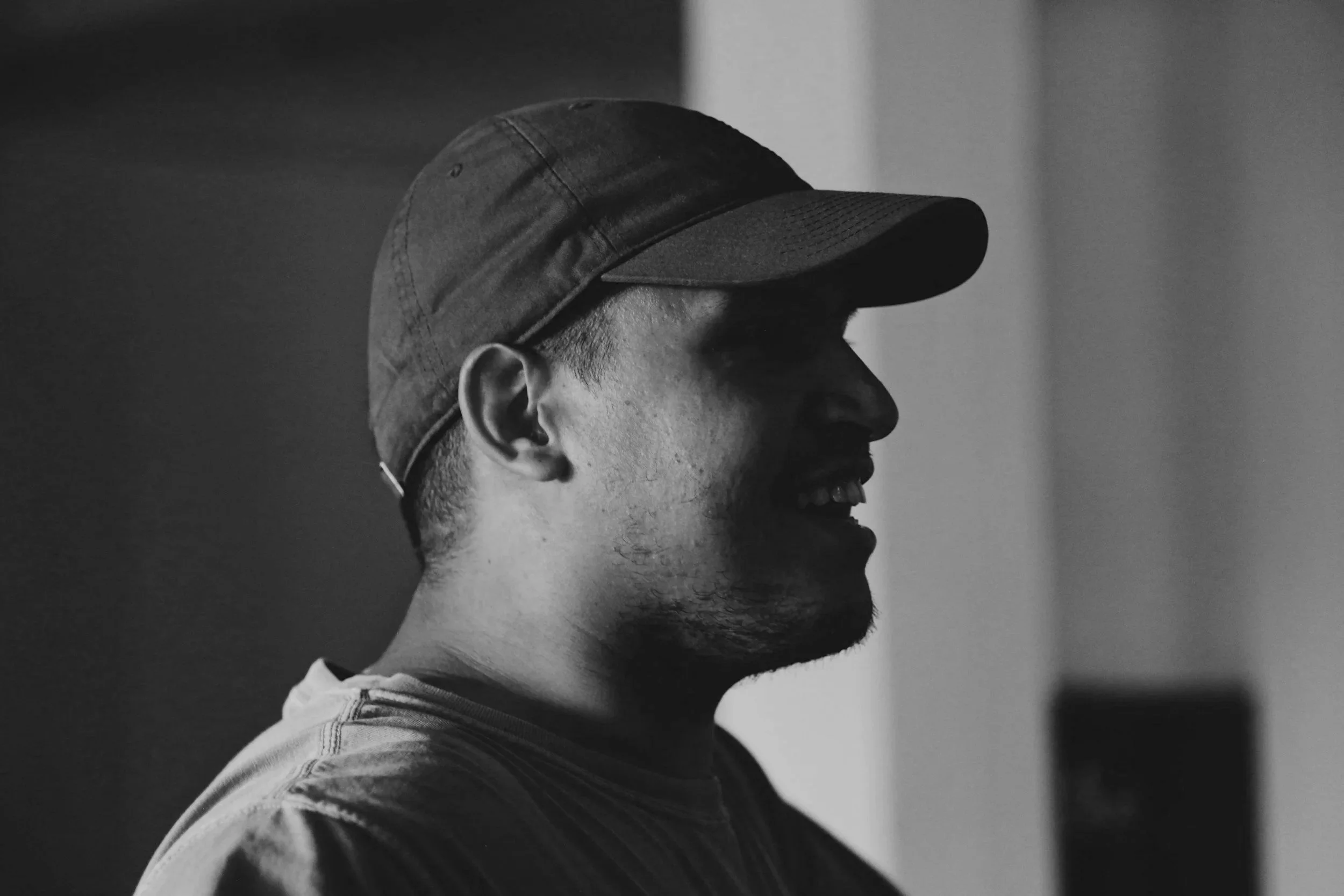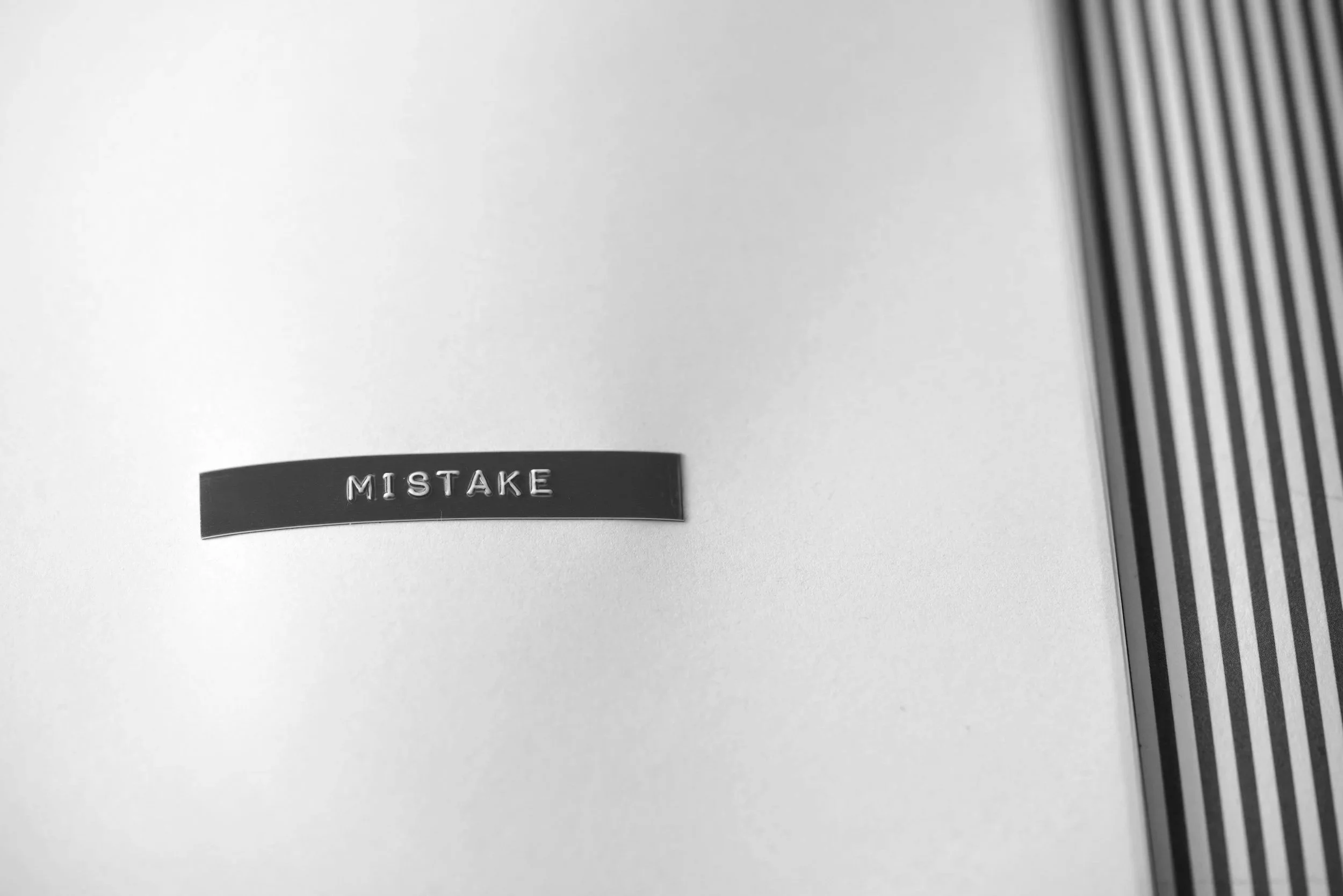Evidentiary Building Explained: Working with an Immigration Lawyer
So, you have decided to move forward with the process to seek professional help for your visa matter, then a cost agreement comes in hand, and you may wonder what an Evidentiary Building is: is it necessary, or am I being charged more, just because?
Why is Strong Evidence So Important for a Visa Application?
Visa applications are primarily based on whether the applicant meets the visa requirements and criteria, which is then supported by the information and documentation provided. The Department of Home Affairs (DoHA) and the Administrative Review Tribunal (ART) rely on concrete evidence to verify claims and assess eligibility to make a decision.
As an example, suppose a visa applicant has a weak or incomplete visa application. In that case, their visa processing time may lead to delays, requests for additional information from DoHA, or even a visa refusal. Therefore, it is recommended that applicants build their evidence to meet these visa requirements for a favourable result.
What is Evidentiary Building? The Role of Your Immigration Lawyer
Typically, if you (the applicant) are quoted with the scope of evidentiary building, your immigration lawyer is most likely of the view that you do not have sufficient supporting evidence to meet the visa requirements. While you are responsible for gathering evidence, the immigration lawyer will guide you on the relevant documentation for your complex case and assist you in presenting it effectively, and that is what Evidentiary Building is!
Once you decide to engage professional assistance for evidentiary building for your visa application, you will receive a tailored written advice from your immigration lawyer. This advice includes areas where you will need to continue building evidence in your specific circumstance. The immigration lawyer will explain the relevance of the provided supporting evidence, demonstrating its relevance to your visa assessment in relation to the relevant legislation. Throughout the process, the lawyers will also guide you on which documents are required and which are missing. Additionally, the lawyers are to structure your evidence to tell a clear and compelling narrative that supports your claims. They will point out areas where the evidence may be lacking and suggest additional steps to strengthen the application.
What If I’m Unable to Gather That Requested Evidence?
If you are unable to gather some pieces of evidence that your legal representative requested, communicate with them, so the lawyers can work and guide you to an alternative way to build your case.
It is essential to collaborate with your immigration lawyer to begin gathering documents as soon as possible, as some documents may take time to obtain. Keep all documents organised and easily accessible. Double-check that all information is accurate and consistent across all documents, as we don’t want the visa to be refused under Public Interest Criteria (PIC) 4020.
Related:
Do I Need a Migration Agent or an Immigration Lawyer? Understanding the Difference
How to Make the Most of Your Consultation with An Accredited Specialist in Immigration Law
How Can Agape Henry Crux Help
It is important to understand the different scopes of services before engaging an immigration lawyer for your visa application. Speak with an immigration lawyer for tailored advice to meet your visa goals. If you have any complex visa matters, consider consulting with one of our two Accredited Specialists in Immigration Law - Jason Ling or Angela De Silva at Agape Henry Crux. You can book a consultation with us by calling 02-8310 5230 or emailing us at info@ahclawyers.com.
We speak fluent English, Mandarin and Cantonese. If this isn’t your language, we can also help you arrange an interpreter.
This article/presentation (“publication”) does not deal extensively with important topics or changes in law and is not intended to be relied upon as a substitute for legal or other advice that may be relevant to the reader's specific circumstances. If you find this publication of interest and would like to know more or wish to obtain legal advice relevant to your circumstances, please contact our office.
Client Testimonials
….we call it Support Network
Navigating the immigration law process may be difficult, and our former clients have agreed to share their experiences through telephone chats, emails, and in-person meetings.
These are their stories…












